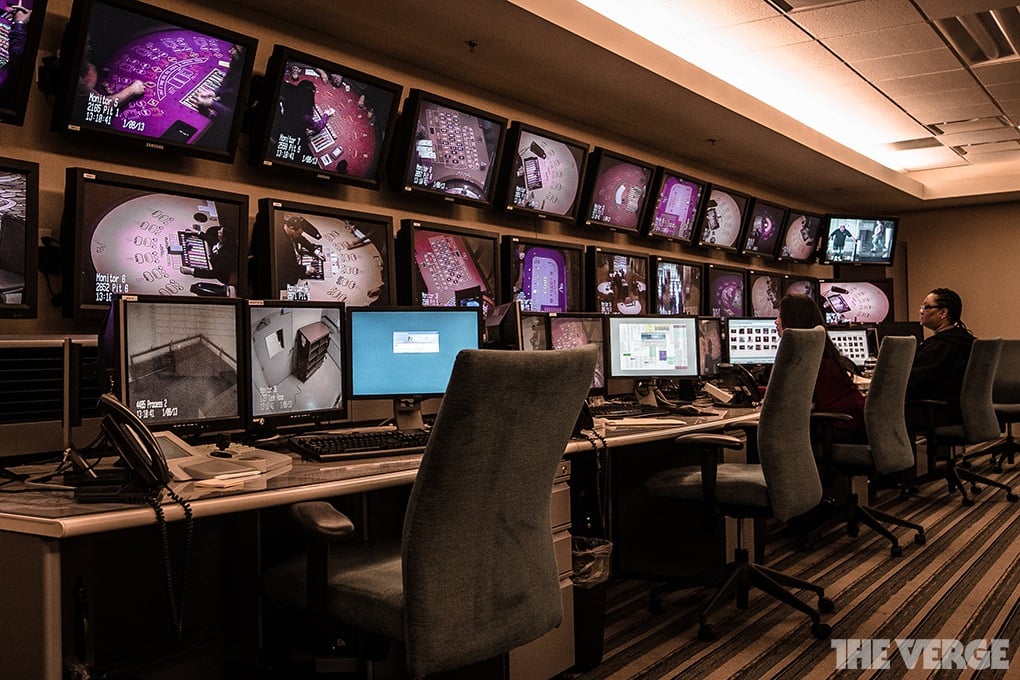Casino Security: Strategies to Protect Assets and Ensure Safety
Casino operations are defined by high volumes of cash flow and valuable assets, making robust security measures a critical part of their daily management. But how exactly do casinos manage to safeguard their finances, premises, employees, and patrons so effectively?

The Importance of Strong Security in Casinos
Protecting a casino’s assets extends far beyond deterring theft. Casinos must secure their money, physical property, and the well-being of both staff and guests. Compared to typical retail establishments, casinos attract a higher risk of criminal activity because of the substantial sums of money handled onsite. Historically, security measures were basic, often limited to visible guards and catwalks above the gaming floor for overhead surveillance. As casinos expanded and profits soared, the industry recognized the need for advanced, technology-driven security solutions.
Modern Security Technologies and Protocols in Casinos
Today’s casinos employ a comprehensive mix of well-trained security personnel and sophisticated surveillance technology. The physical security team monitors gaming areas in real-time, responding quickly to any incidents. Meanwhile, advanced closed-circuit television (CCTV) systems - often nicknamed the “eye in the sky” - cover every corner of the casino floor. For example, a major Las Vegas resort like the MGM Grand may be equipped with over 2,000 cameras linked to dozens of monitors, all watched by dedicated staff members.
Beyond traditional video surveillance, casinos utilize:
- Strict ID verification at entry points to prevent underage gambling
- Facial recognition software to identify individuals on exclusion or watch lists
- Up-to-date exclusion lists to ensure barred or self-excluded individuals cannot gain access
Failure to enforce exclusion lists may result in regulatory penalties or even jeopardize a casino’s operating license. Security also relies on less conventional strategies, such as staying passive during incidents of armed robbery. Instead of rushing to intervene, casinos often prioritize gathering as much digital evidence as possible. Once perpetrators leave the premises, law enforcement and casino investigators can use CCTV footage and serial numbers from stolen chips or marked cash to track down suspects safely-helping avoid violent confrontations and better protecting everyone inside.
How Much Cash Is Kept on the Casino Floor?
Regulatory guidelines determine the amount of money casinos must have available at all times. For instance, the Nevada Gaming Commission requires casinos to maintain enough cash to cover every active gaming chip on their property. The actual sum fluctuates based on the day, season, or special events. Large Las Vegas venues such as the Bellagio or Caesars Palace may keep up to $70 million onsite during a typical weekday, with that figure rising to $100 million on busy weekends. Major occasions like championship fights or popular holiday weekends can push this reserve to around $150 million. Even the smallest casinos are likely to have at least $20 million available to meet similar regulations.
Methods Used to Secure Casino Funds
Casino finances are stored as both chips and cash, each tightly controlled with distinct security protocols. Chips circulate throughout the casino, embedded with tracking technologies to signal and flag any used in attempted theft or fraud. Cash, on the other hand, is safeguarded in multiple secure vaults and high-security safes, equipped with industry-leading locks and layers of protection. Popular culture, as seen in heist films like "Ocean’s Eleven," glamorizes the challenge of breaking into these vaults, but the real-life security measures in place are exceptionally rigorous-far exceeding those depicted in movies.
The Business of Money Management in Casinos
At their core, casinos are profit-driven enterprises. The well-known phrase “the house always wins” reflects a fundamental financial reality: casinos are structured to ensure long-term profitability. The money circulated generally serves several key purposes:
- Replenishing cash and chip reserves for ongoing gameplay
- Funding payroll for casino staff and management
- Continuous investments in advanced security infrastructure
- Supporting growth, renovations, and innovations within the business
Regular auditing and financial oversight ensure that cashflow is monitored and managed responsibly, maintaining both security and trust with regulators and guests alike.
Conclusion: Adapting Security as Threats Evolve
With massive daily transactions and ever-evolving potential threats, casino security is a complex blend of staffing, surveillance, technology, and strategic planning. Regulatory standards, state-of-the-art tools, and trained personnel work hand-in-hand to ensure that casinos can confidently protect their assets and provide a safe environment for employees and guests. As technology and crime patterns change, so too will the strategies and systems casinos use to stay secure.













